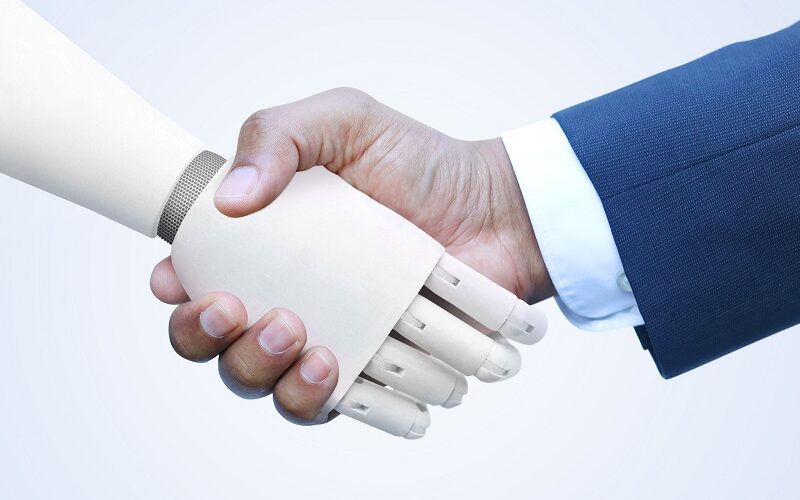By: Julius Melnitzer | May 28, 2025
In the unionized workplace, the implementation of artificial intelligence isn’t just a management decision — it’s also a bargaining issue.
“Just don’t assume you can quietly roll AI out, because it’s something to which the unions are paying attention,” says Lisa Stam, managing partner at Springlaw Professional Corp. “And that’s important, because unionized workplaces often lead the charge on new standards.”
The Canadian Union of Public Employees, for example, already has an online tool encouraging its members to conduct AI impact assessments and negotiate protections. The flashpoints are working conditions, job reclassifications and losses, automation, discriminatory outcomes and privacy considerations.
Many collective bargaining agreements restrict employers’ ability to make unilateral changes affecting working conditions… MORE
Julius Melnitzer is a Toronto-based legal affairs writer, ghostwriter, writing coach and media trainer. Readers can reach him at julius@legalwriter.net or on his website.
RELATED ARTICLES
World’s first AI law firm says system can do “anything”
Lack of International Cooperation Threatens Chaos in AI Management
BLG appoints Canadian law firms’ first chief AI officer
Humans not necessary: AIs negotiate contract amongst themselves
